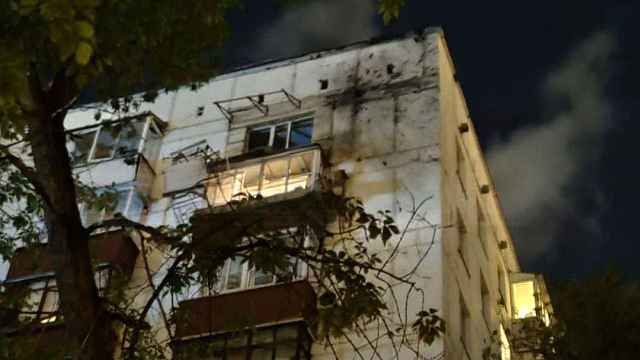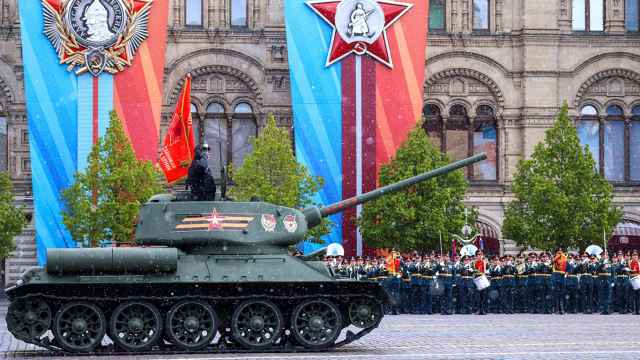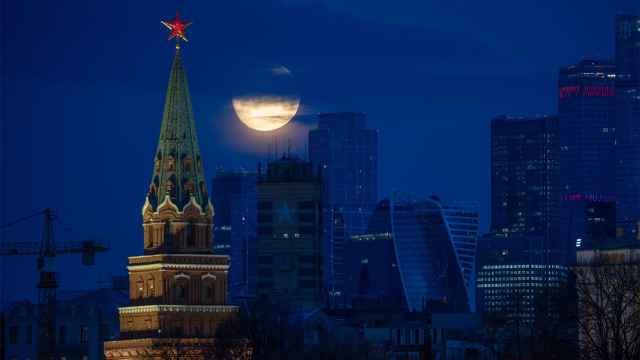Regional, district and precinct police officials nationwide will report on their performance to the public at regular open meetings starting in June, Interior Minister Rashid Nurgaliyev said Wednesday.
The development, implemented a part of an ongoing police reform, aims to improve transparency in the notoriously corrupt force, the minister said in an interview on Police Wave radio. A transcript of the interview is available on the ministry's web site.
Ministry-drafted plans for the public meetings envisage the chiefs of regional police speaking before the public annually, district officials reporting every six months, and heads of precincts once every three months, Nurgaliyev said.
Time and place of the meetings will be decided by local legislatures, which will ensure that events are not scheduled for workdays so more people can attend, Nurgaliyev said.
Police officials will report on their detective work and collaboration with civil society institutions, he said, without elaborating. Reports will then be made available online.
"It will also be possible to voice a complaint or, perhaps, a thank-you," Nurgaliyev said.
Michael Pashkin, head of an independent police trade union, said by telephone that the change would only add a burden to police precincts.
He agreed that police needed to improve transparency but said the meetings would likely be sabotaged by overworked and underpaid policemen on the ground, who would only give the public runarounds instead of serious reports.
The police reform, ordered by the Kremlin last year, went into effect in March. The extensive reform, which is still being implemented, aims to decrease corruption by, in part, slashing the police force by some 200,000 officers, to 1 million.
All Interior Ministry employees have to take re-evaluation tests by June to determine whether they are allowed to stay on the force. This includes top brass, up to Nurgaliyev himself, though it remains unclear whether he has already taken his test.
A Message from The Moscow Times:
Dear readers,
We are facing unprecedented challenges. Russia's Prosecutor General's Office has designated The Moscow Times as an "undesirable" organization, criminalizing our work and putting our staff at risk of prosecution. This follows our earlier unjust labeling as a "foreign agent."
These actions are direct attempts to silence independent journalism in Russia. The authorities claim our work "discredits the decisions of the Russian leadership." We see things differently: we strive to provide accurate, unbiased reporting on Russia.
We, the journalists of The Moscow Times, refuse to be silenced. But to continue our work, we need your help.
Your support, no matter how small, makes a world of difference. If you can, please support us monthly starting from just $2. It's quick to set up, and every contribution makes a significant impact.
By supporting The Moscow Times, you're defending open, independent journalism in the face of repression. Thank you for standing with us.
Remind me later.





